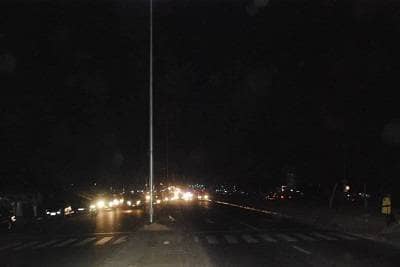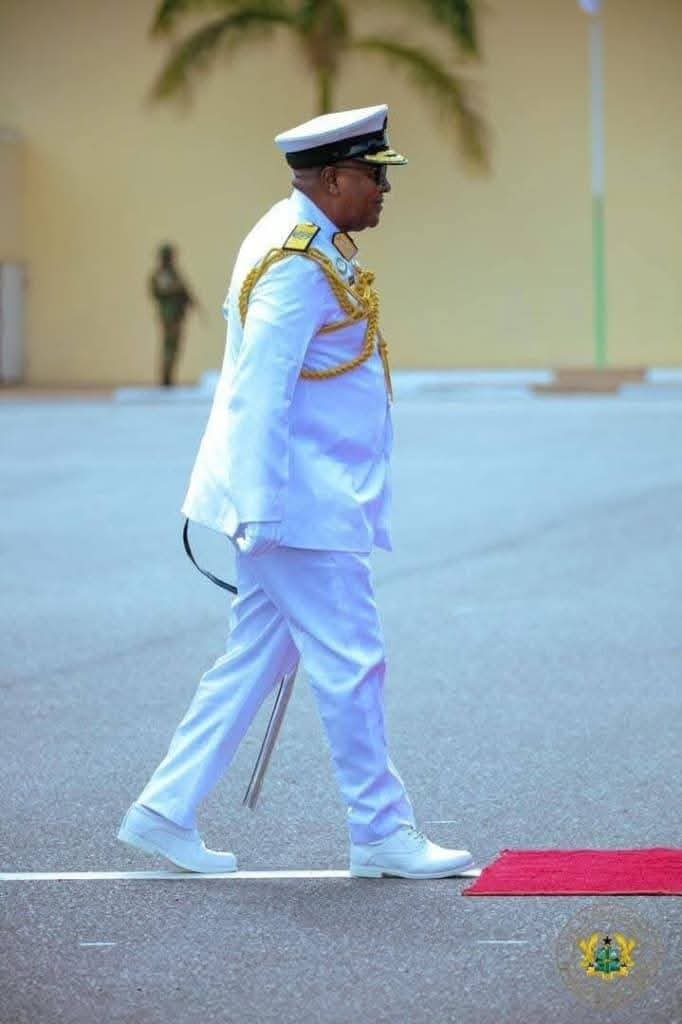How broken streetlights expose government neglect, endanger lives, and tarnish Ghana’s image as a safe tourist destination
BY ADU KORANTENG
The capital city of Ghana should not live in darkness. Yet every night, from Ashaley Botwe to Adenta, from Lakeside Estate to Oyarifa, Accra sinks into pitch blackness as streetlights lie broken, uninstalled, or forgotten. What should be a modern, secure, and vibrant African city becomes a haven for criminals and a nightmare for law-abiding residents.
This is more than a mere infrastructure problem. It is a governance failure—an indictment of leadership at every level.
Lives at risk, livelihoods destroyed
Street traders, drivers, commuters, and families are paying the highest price. In Ashaley Botwe, a kelewele seller, Mary Aryiku, was robbed at gunpoint because she could not even identify her attackers in the darkness. In Adenta Housing Down and Lakeside Estate, residents tell stories of car batteries stolen, homes invaded, and armed robbers using the cover of night to terrorize communities.
Darkness is not just about inconvenience. It is about fear. It is about lost incomes. It is about lives endangered. And it is about a government that has abandoned its most basic duty: to protect its people.
A shadow over governance
What makes this crisis unforgivable is that citizens are already paying for light. Every electricity bill includes a streetlight levy. Yet, the very streets that levy was meant to illuminate remain dark. Where is the money? Why do we still have unlit highways, blacked-out junctions, and deserted suburbs vulnerable to robbers?
Instead of answers, we get finger-pointing. The Greater Accra Regional Minister blames Metropolitan, Municipal, and District Chief Executives (MMDCEs) for being “lazy” and failing to monitor lights. The MMDCEs in turn point to lack of funds and support from central government. Meanwhile, residents remain in the dark—literally and figuratively.
This is governance in shadows.
A threat to tourism and investment
Ghana is working hard to position itself as Africa’s tourism hub. We boast of “December in GH,” of Year of Return, of world-class festivals, culture, and heritage. But what story does a visitor tell when he steps out at night and sees nothing but darkness? What confidence does an investor have in a city where streetlights are luxuries and armed robbers roam freely after dark?
Our reputation as a safe and welcoming destination cannot survive if the very capital city—our showcase to the world—is unsafe at night.
Time for leadership, not excuses
We do not need more blame games. We need light. We need accountability. We need leadership that recognizes that safety is non-negotiable and governance is not about press statements—it is about service.
The solutions are not complicated:
Fix and maintain the lights already installed.
Ring-fence the streetlight levy so it actually funds illumination.
Create a transparent reporting system so residents can track repairs.
Hold MMDCEs accountable for dark streets in their jurisdictions.
This is not rocket science. It is basic governance.
Our verdict
The darkness in Accra is not just physical. It is symbolic. It reflects the shadows of mismanagement, misplaced priorities, and neglect. If government cannot guarantee something as fundamental as lighting the streets of its own capital, then what hope is there for other, more complex challenges?
The time for excuses has passed. Let there be light—not just on the streets of Accra, but in the leadership that governs it



